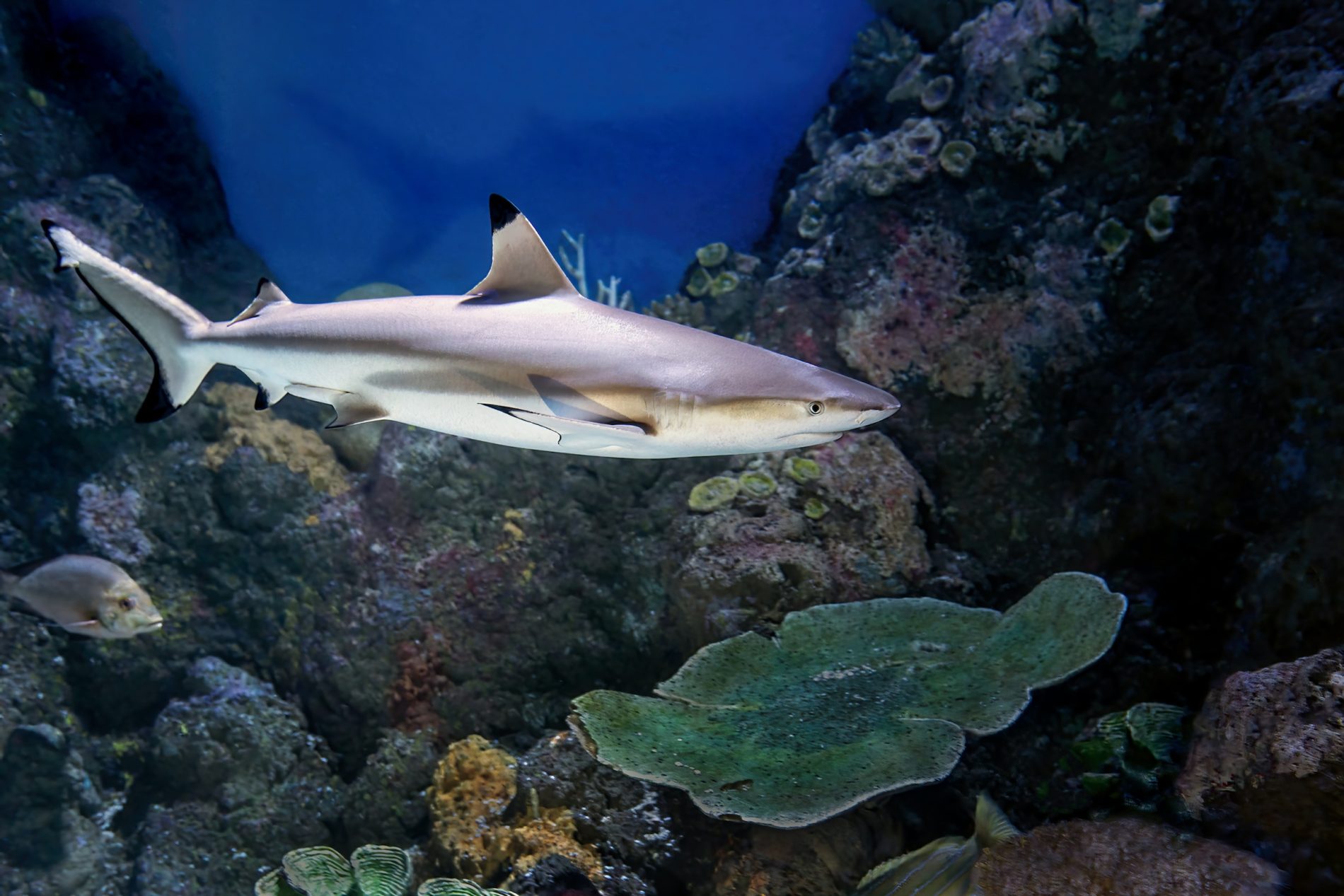Did you know that up to an estimated 73 million sharks are killed annually for shark fin soup [1]?
What are the consequences of killing sharks?
This ruthless and wasteful activity is primarily motivated by the lucrative value of shark fins, contrasted with the relatively low worth of shark meat. Unfortunately, numerous sharks sought after for this high-end market originate from endangered species.
According to the IUCN, as of 2021, about a third of shark species have neared extinction due to high demand and overfishing [2]. This imbalance between supply and demand results in declining shark fin availability and rising prices. Shark fin, associated with prestige, is often served at weddings due to its high price tag. In Thailand, local demand has made it a significant market, though a 2023 study commissioned by WildAid and conducted by Rapid Asia reported a decrease in shark fin demand, estimating a drop from 6.6 million consumers in 2017 to 5.3 million in 2023. Despite this decline, Thailand remains a notable market for shark fin consumption.
Environmental Impacts of Shark Finning and Over-Fishing
Sharks assume a pivotal role in preserving the equilibrium of coral ecosystems, encompassing the control of invasive species, containment of diseases transmitted by ailing fish, and the promotion of marine biodiversity. Sitting atop the food chain as apex predators, they are instrumental in maintaining the seamless operation of the carbon cycle, effectively combatting climate change. Additionally, through their feeding habits, sharks indirectly nurture the health of seagrass and coral reef habitats, which allow creatures inhabiting these areas to perform a perpetual dance of relocation to evade their predators, engendering a harmonious distribution of organisms.
Current Regulations/Laws
Since 2000, several countries have implemented laws to curb shark fishing. A total of 52 countries have implemented restrictions on shark fishing, but only 12 countries have banned shark fishing altogether [3]. While progress has been made in enforcing these regulations, the sale of fins from legally caught sharks persists. The ICCAT and West PAC commissions, overseeing the Atlantic and Pacific pelagic fisheries, have banned shark finning practices in some fleets, yet enforcement challenges persist, particularly against smugglers and poachers. Despite over 100 shark species listed as endangered or threatened by the IUCN, only a few have the privilege of protection from illegal trade under CITES. Nations that disregard such agreements continue shark fishing without consequences [4].
The “Fin Free Thailand” Campaign
Fin Free Thailand is a campaign encouraging hotels and restaurants to stop serving shark to protect endangered sharks. The ‘Blue List’ was created as part of the initiative, where hotels and restaurants that don’t serve shark fin can sign up and pledge their support [3]. As of 2022, 111 hotels, 4 supermarkets, 9 restaurants, and 7 other organizations/companies are part of the “Fin Free Thailand” program [5].
Advocating for Prevention and Encouraging Businesses to Go Fin Free
What can you do to help?
- Raise Awareness: Share information about the negative impacts of shark finning with your network. The more people know about the issue, the greater the pressure for change.
- Support Fin-Free Businesses: Encourage local restaurants and businesses to join the Fin-Free movement. By choosing to go fin-free, they not only make an ethical and environmental statement but also attract conscious consumers who value sustainability.
- Get Involved: Consider volunteering or donating to organizations dedicated to shark conservation and ocean protection. Your support can make a significant difference in the fight against shark finning.
If you found this article useful, please remember to ‘Like’ and share on social media, and hit the ‘Follow’ button never to miss an article.
About the authors: Daniel Lindgren is the Founder of Rapid Asia Co., Ltd., a management consultancy firm based in Bangkok specializing in evaluations for programs, projects, social marketing campaigns, and other social development initiatives. Lillian Chiang, a co-author, working at Rapid Asia as a project assistant intern.

